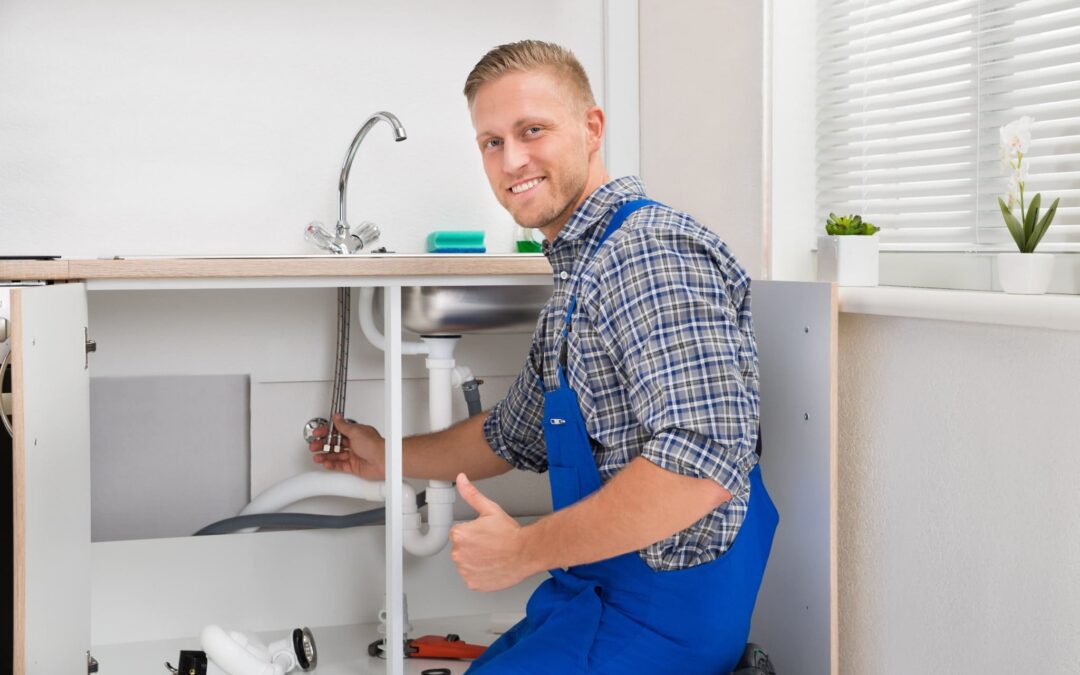When it comes to home maintenance, few things are as crucial as keeping your plumbing in good shape. No one wants to deal with a sudden burst pipe or a flooded basement, so knowing how to prevent common plumbing emergencies can save you time, money, and stress. While having a reliable 24-hour plumber on call is essential for emergencies, here are some proactive steps to minimize the risk of plumbing disasters.
Regular Inspections and Maintenance
Regular inspections and maintenance are the best ways to prevent plumbing emergencies. Inspect your plumbing fixtures, pipes, and connections for any signs of wear, leaks, or corrosion. Addressing minor issues early can prevent them from escalating into major problems that require emergency repairs. Consider scheduling annual maintenance with a professional plumber to ensure everything is in working order.
Avoid Clogs
Clogged drains are a common plumbing issue that can lead to backups and overflows. To prevent this, be mindful of what goes down your drains. Use drain guards to catch hair in the bathroom and avoid pouring grease or large food particles down the kitchen sink. Regularly clean your drains using a mixture of baking soda, vinegar, and hot water to break down any buildup.
Monitor Water Pressure
High water pressure can stress your plumbing system, leading to leaks, burst pipes, and damaged fixtures over time. Use a pressure gauge to regularly check your home’s water pressure and adjust it to a safe level if necessary. Most homes function well with water pressure between 40 and 60 psi (pounds per square inch).
Insulate Pipes
In colder climates, frozen pipes are a major concern. When water freezes inside pipes, it expands and can cause pipes to burst, leading to extensive water damage. Insulate exposed pipes in unheated areas of your home, such as basements, attics, and crawl spaces. This simple step can prevent the headache of dealing with a burst pipe during freezing temperatures.
Know Your Shut-Off Valves
In case of a plumbing emergency, knowing how to shut off your water quickly can prevent extensive damage to your home. Locate and label all shut-off valves in your home, including the main shut-off valve. Teach all household members how to turn off the water in case of a burst pipe or major leak.
Upgrade Old Plumbing Fixtures
Old plumbing fixtures and appliances are more prone to leaks and failures. Consider upgrading to newer, more efficient fixtures that save water and are less likely to cause plumbing issues. Look for WaterSense-labeled products that meet EPA criteria for water efficiency.
Act Promptly
Finally, don’t ignore plumbing issues when they arise. Address leaks, dripping faucets, running toilets, and unusual noises promptly. Ignoring these warning signs can lead to larger problems down the road. If you notice any plumbing problems you cannot fix yourself, don’t hesitate to call a qualified plumber before it becomes an emergency.
By following these preventive measures, you can significantly reduce the risk of common plumbing emergencies in your home. Remember, while prevention is key, having access to a reliable 24 hour plumber for emergencies is equally important. Invest in your home’s plumbing to avoid costly repairs and disruptions later. Get in touch with the pros today!

